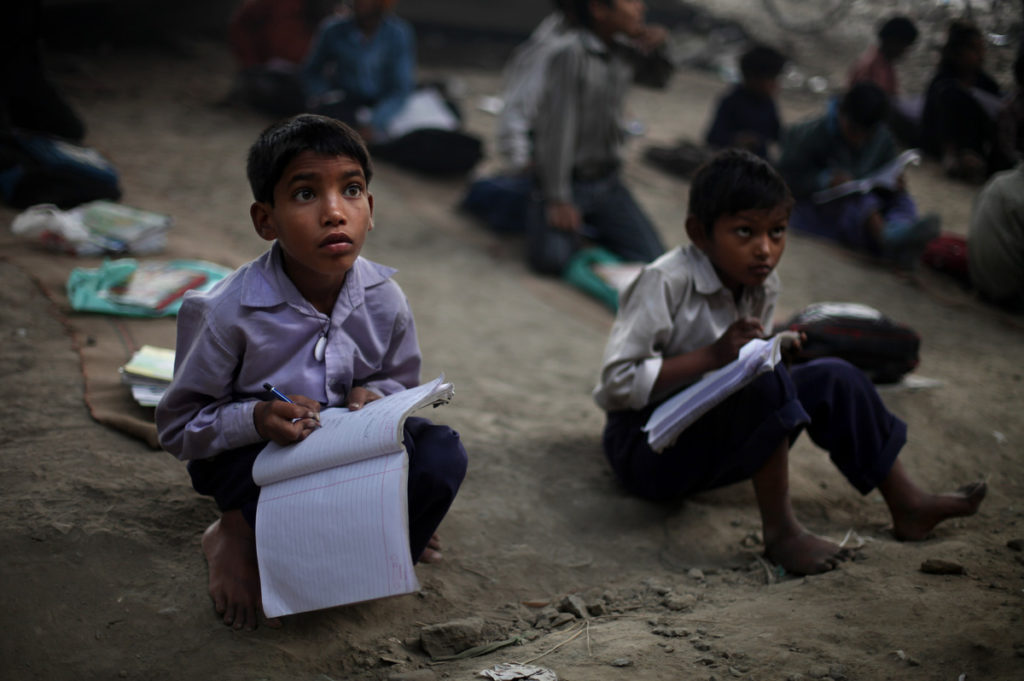Education: A Child’s Right to Development
Written by Sumit Jagtap, October 29, 2019
Written by Sumit Jagtap, October 29, 2019
Education is necessary for human growth and development. As a tool for empowerment, education acts as the foundation on which the development of every citizen and nation depends on. Its main aim is to enhance human capacities by making them realize their rights, needs, and potentials. Hence, considering its significance, the United Nations made education a fundamental right in the Convention for the Declaration of Human Rights (1949) and in the Convention for the Rights of Child under the Act, Right to Development (1989).
This move led to nations across the globe formulating and implementing laws relating to free and compulsory education for its citizens. India was one of the signatories to ratify the Convention for the Right of Child. In 2009, the Right to Education Act was passed making it mandatory for every child to get free and compulsory education till the age of 14. However, the quality of education remains low and the law has not been fully implemented across India.
As per the ASER Report 2018 [1]:
The situation varies from state to state and also from rural to urban settings but this data moves our attention to the bigger challenge of achieving quality education in India, especially in government-run schools. Thus it is necessary that certain measures be taken such as:

Other than this, special provisions such as scholarships should be provided to low-income students and special attention should be given to create a friendly environment for the differently-abled in all the schools.
As Paulo Freire said, “education is freedom”. Education is essential for the holistic development of human beings and, as citizens of India, we should strive to make it reach every child of the nation.
Citations: